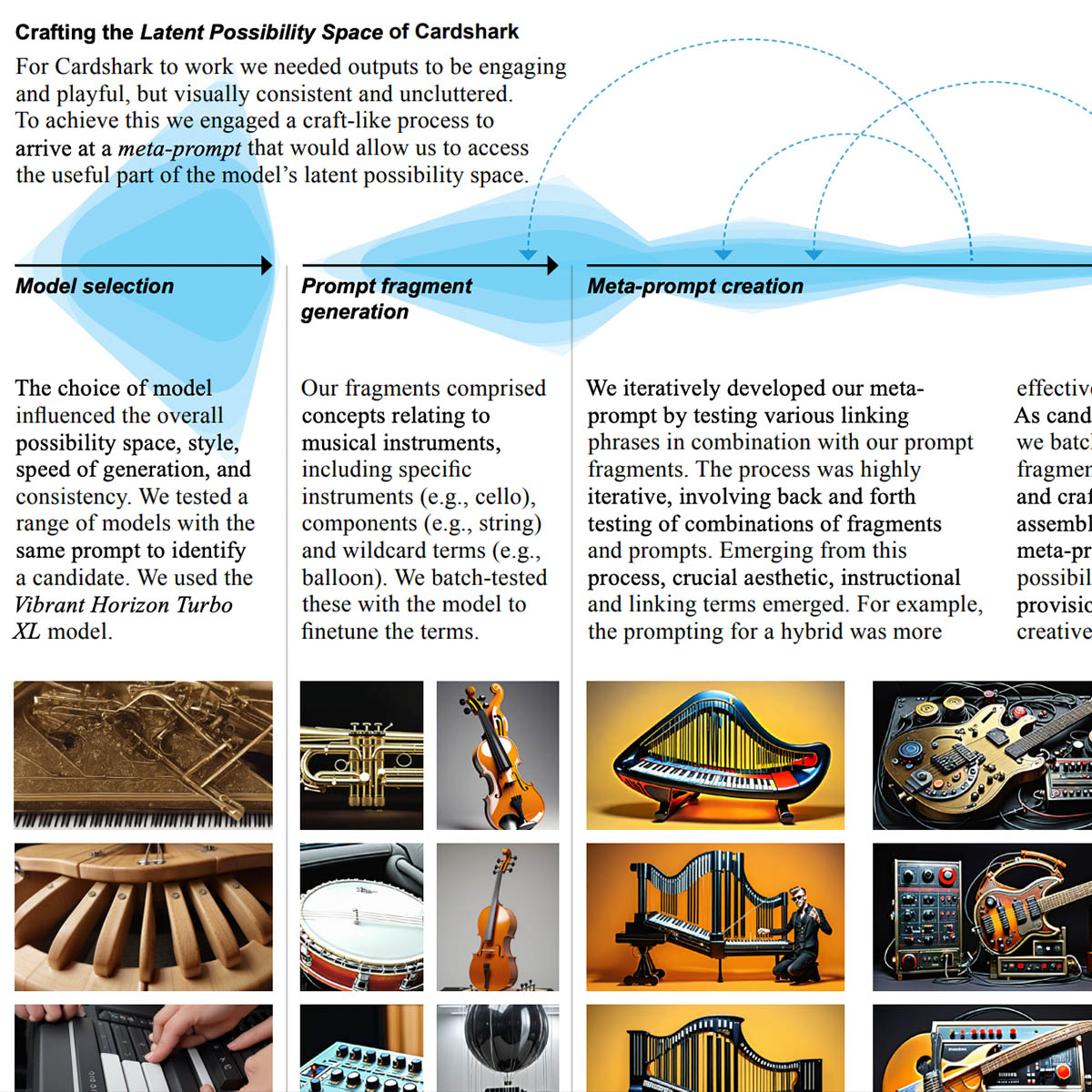Way back in 2021 I was really happy to take part in a series of Flourish summits organised by ImaginationLancaster. The talks that happened as part of that event have been turned into a book titled Flourish by Design, which is now available for download.
You can download my chapter - Making design research work by flourishing through disappearance - right here.
The chapter discusses the idea that I and Dave first wrote about in the journal article The Ultimate Measure of Success for Speculative Design is to Disappear Completely. How can we work towards a world where the value of Design Research is tacitly understood?
Here’s a little extract:
These are the thorny quandaries that science needs help with; these are the challenges that we mustn’t let scientism blinker our view of; these are the issues that design researchers are perfectly placed and poised to help address. The reason that design research is so aptly paired with such tricky problems is that, by being grounded in the generative and creative act of design, design research has a natural tendency to break free from the tendrils of scientism’s positivist reach. Positivist approaches strive for facts, testability, and research questions that can be shown to be true or false. In contrast, design researchers hope, expect, and embrace the fact that each time they run an experiment, they would get a different answer. This is not to say design research is devoid of evidence but rather that the evidence is of a different type and constitutes a different kind of knowing.





